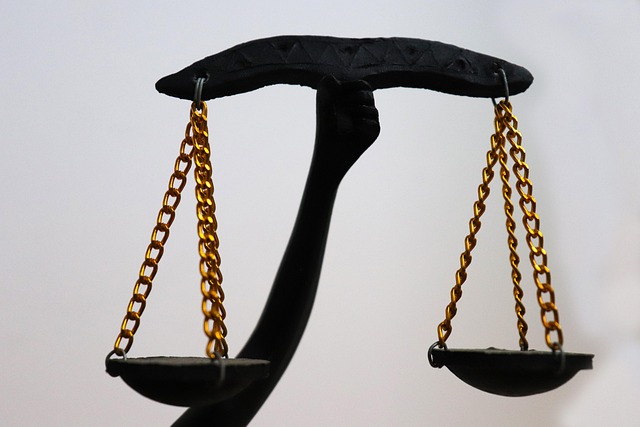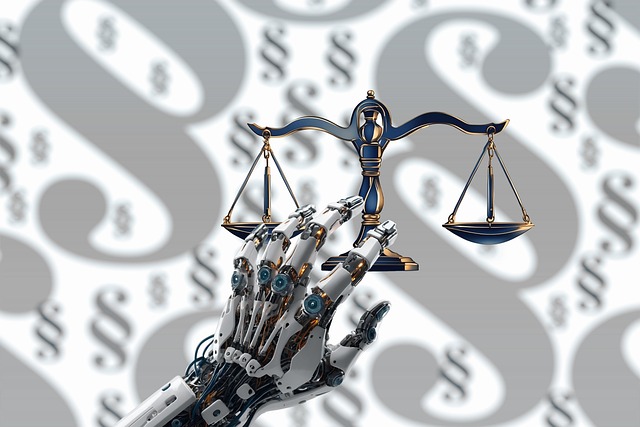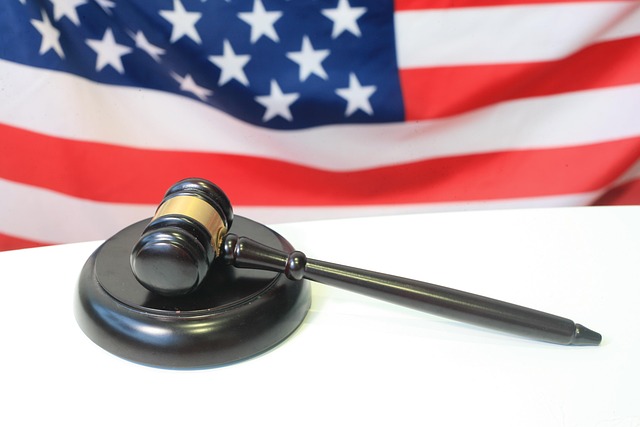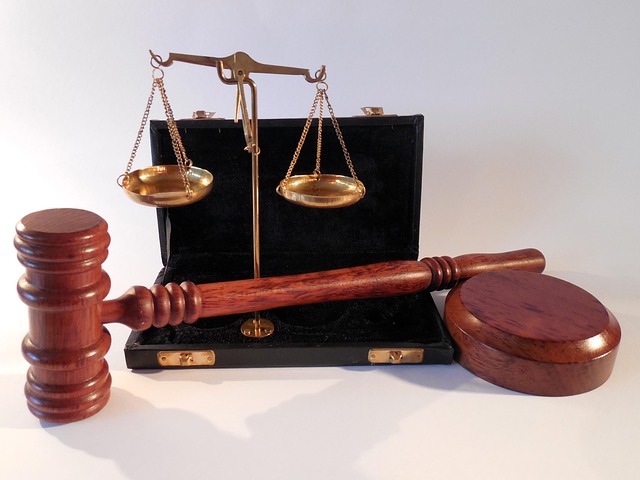Criminal law enforcement encompasses a wide range of offenses, from misdemeanors to felonies, with the primary goals of deterrence, public protection, and offender rehabilitation. Libel cases, often involving false statements with severe reputational consequences, present complex challenges in civil courts. These cases, including white-collar crimes, highlight the importance of accurate communication in the digital age. Legal professionals must navigate intricate legal landscapes, understanding jurisdiction-specific laws and strategies to protect clients from defamation, whether corporate or individual, while ensuring justice is served through successful libel case examples in civil court.
Criminal Law Enforcement plays a pivotal role in maintaining societal order and ensuring justice. This article offers an in-depth exploration of this complex legal domain, focusing on its various facets, including an overview of criminal law enforcement, libel cases – where words become weapons, and the crucial role of civil court jurisdiction in real-world libel case scenarios. We delve into navigating legal remedies, emphasizing the importance of understanding libel case examples in the context of civil court proceedings.
- Understanding Criminal Law Enforcement: An Overview of Its Role and Scope
- The Dynamics of Libel Cases: When Words Cross the Line
- Civil Court Jurisdiction: A Platform for Libel Case Examples
- Unraveling Real-World Libel Case Scenarios
- Navigating Legal Remedies in Libel Cases: A Comprehensive Look at Civil Liability
Understanding Criminal Law Enforcement: An Overview of Its Role and Scope

Criminal law enforcement is a complex and multifaceted field that plays a pivotal role in society’s safety and justice system. It involves the investigation, prosecution, and resolution of criminal offenses, ensuring that individuals who violate the law are held accountable. The scope of criminal law encompasses various crimes, from minor misdemeanors to severe felonies, each demanding specific legal strategies and outcomes. Understanding this process is crucial, especially when considering high-stakes cases that can have significant impacts on individuals’ lives and freedom.
The role of criminal law enforcement extends beyond just punishment; it aims to deter future crimes, protect the public, and rehabilitate offenders where possible. In navigating complex legal landscapes, professionals in this field must possess a deep knowledge of laws, regulations, and procedures. For instance, in a libel case that spills over from civil court into criminal proceedings, understanding the nuances of both domains is essential for achieving extraordinary results. Serving corporate and individual clients alike, these professionals must also be adept at avoiding indictment while ensuring justice is served.
The Dynamics of Libel Cases: When Words Cross the Line
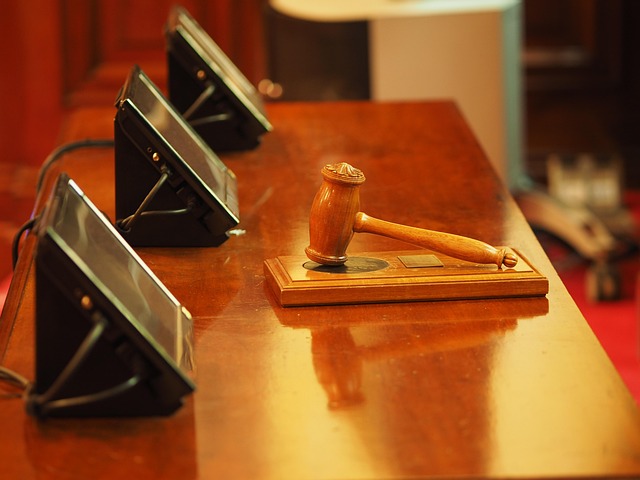
In the realm of criminal law enforcement, libel cases emerge as intricate puzzles where words become weapons. These legal battles pit individuals or entities against those who disseminate false and harmful statements, with consequences that can resonate far beyond the walls of a courtroom. Libel case examples in civil courts across the nation have painted a vivid picture: words can be powerful, and when they cross the line into defamation, they can leave lasting scars on reputations.
From corporate and individual clients alike, libel cases demand an unprecedented track record of evidence and legal acumen. When statements are made with malice or negligence, their impact can be devastating. Whether it’s a false accusation in the media, defamatory posts on social platforms, or slanderous remarks in personal interactions, the dynamics of libel cases require careful navigation. The path to justice often involves intense scrutiny, witness testimonies, and expert legal opinions, ultimately leading to decisions that can shape public discourse and protect the rights of those wronged.
Civil Court Jurisdiction: A Platform for Libel Case Examples

In the realm of criminal law enforcement, civil courts play a significant role in handling libel cases, providing a platform for individuals to seek justice and redress when their reputation has been wrongfully damaged. Civil court jurisdiction over libel cases allows for a more specialized and tailored approach compared to criminal proceedings. Here, plaintiffs can pursue damages for emotional distress, loss of business opportunities, or any other harm arising from false and defamatory statements made about them.
Libel case examples in civil courts often involve white-collar and economic crimes where individuals or businesses face accusations that can severely impact their respective reputations and operations. These cases highlight the importance of clear and accurate communication, especially in today’s digital era, where misinformation can spread rapidly and have lasting consequences. A complete dismissal of all charges is not typically the goal; instead, the focus is on compensating the victim for the harm caused by the defamatory statements, ensuring that individuals and businesses can operate with integrity and reputation intact.
Unraveling Real-World Libel Case Scenarios
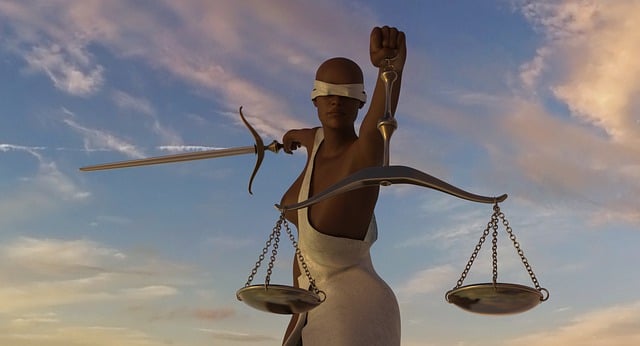
In the realm of civil courts, unraveling real-world libel case scenarios offers a glimpse into the intricate balance between freedom of speech and the right to reputation. Libel, defined as the publication of false statements that harm an individual’s reputation, has seen its fair share of high-profile cases involving prominent figures and powerful corporations. These libel case examples not only shed light on the legal complexities but also highlight the significance of understanding both sides of the argument in a general criminal defense context.
When examining libel cases, it becomes evident that the line between fact and fiction can be razor-thin. This is especially true in the age of digital media where information spreads swiftly. For corporate and individual clients alike, the potential for libelous claims looms large, particularly in industries prone to public scrutiny like white-collar defense. As such, understanding these real-world scenarios is crucial for anyone navigating the complexities of criminal law enforcement, ensuring that rights are protected while upholding justice.
Navigating Legal Remedies in Libel Cases: A Comprehensive Look at Civil Liability

Navigating legal remedies in libel cases involves a complex interplay of civil liability laws, which can significantly impact how individuals and entities are held accountable for defamatory statements. In the context of both general criminal defense and high-stakes cases, understanding the nuances of civil court is crucial. When it comes to libel case examples, corporate and individual clients alike have faced substantial damages due to false publications.
The process entails careful consideration of elements such as actual malice, defamation per se, and the public interest, which vary across jurisdictions. Legal professionals must adeptly maneuver these complexities to protect their clients’ rights and mitigate potential liabilities. By employing strategic legal arguments and presenting compelling evidence, they can help resolve libel cases in favor of their clients, whether it involves defaming corporate entities or individuals.
In conclusion, this article has explored various facets of criminal law enforcement, with a particular focus on libel cases and their resolution within civil courts. Understanding the dynamics of libel, its scope, and real-world scenarios is paramount for both legal professionals and individuals navigating potential libel claims. By delving into these topics, we’ve highlighted the importance of recognizing when words cross the line and the legal remedies available in libel cases, ensuring a balanced approach to free speech and accountability. Libel case examples in civil courts serve as crucial testaments to the intricate interplay between expression and responsibility, ultimately shaping the legal landscape for all.

